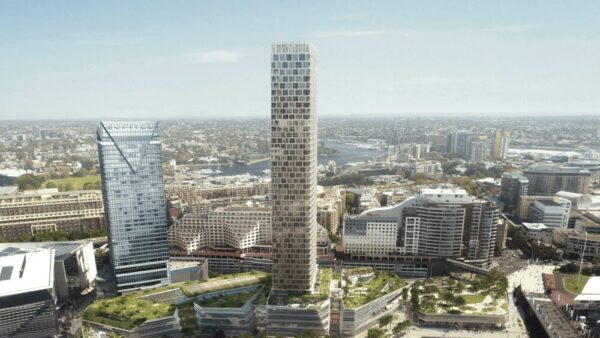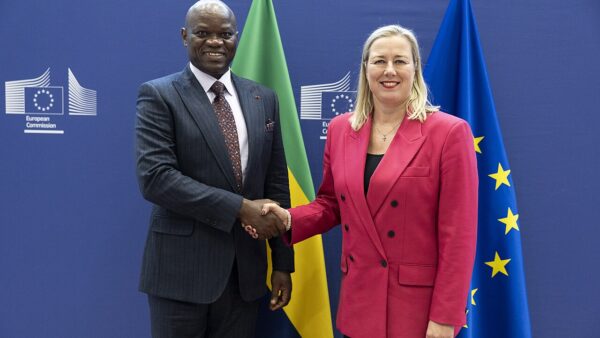The Metropolitan police force has admitted supplying information to an organisation that maintained a blacklist of more than 3,000 UK construction workers who were thought likely to cause trouble on sites.
The admission follows a long-running campaign by victims of the blacklist to gain compensation and reveal how information came to be collected.
The list was maintained by the Consulting Association, a one-man outfit based in Droitwich, Worcestershire, that maintained a set of 3,213 hand written files on “troublemakers”.
Construction companies paid the association a subscription fee to access its records. It is thought that up to 40,000 names were vetted by the association per year.
Allegations that the police had passed information to the Consulting Association emerged in 2012, but were denied. Now the Metropolitan Police has admitted that, on the balance of probabilities, information was supplied.
Richard Martin, the deputy assistant commissioner, made the admission in a letter to the law firm representing a group of blacklist victims. The company, Guney, Clark & Ryan, had made a complaint to the Independent Police Complaints Commission about the role of the police in blacklisting.
Martin said: “Allegation: police, including Special Branches, supplied information that appeared on the blacklist, funded by the country’s major construction firms, The Consulting Association and/or other agencies, in breach of the Data Protection Act 1998. The report concludes that, on the balance of probabilities, the allegation that the police or Special Branches supplied information is ‘proven’.”
The Special Branch is a part of the UK police force that monitors protest groups, and includes the Special Demonstration Squad and the National Public Order Intelligence Unit. Undercover officers have infiltrated these protest to collect evidence – a practice that is presently the subject of a public inquiry.
He added that police could have been prosecuted for unlawfully passing on information in at least one case.
The Metropolitan police investigation was carried out two years ago, but the findings have only been made public this week.
Dave Smith, of the Blacklist Support Group, which represents the trade unionists, told The Guardian newspaper: “We have waited six years for this. When we first talked about police collusion in blacklisting, people looked at us as if we were conspiracy theorists.”
Suspicions of police involvement arose after information held on file appeared to point to the involvement of the UK security services.
David Clancy, the Information Commission Office (ICO) investigator who uncovered the blacklist in 2009, told an industrial tribunal in March 2012: “There is information on the Consulting Association files that I believe could only be supplied by the police or the security services. The information was so specific and it contained, in effect, operational information that wouldn’t have formed anything other than a police record.”
Image: Victims of the UK blacklist have won pay-outs of up to £200,000 (Blacklist Support Group)
Further Reading:






